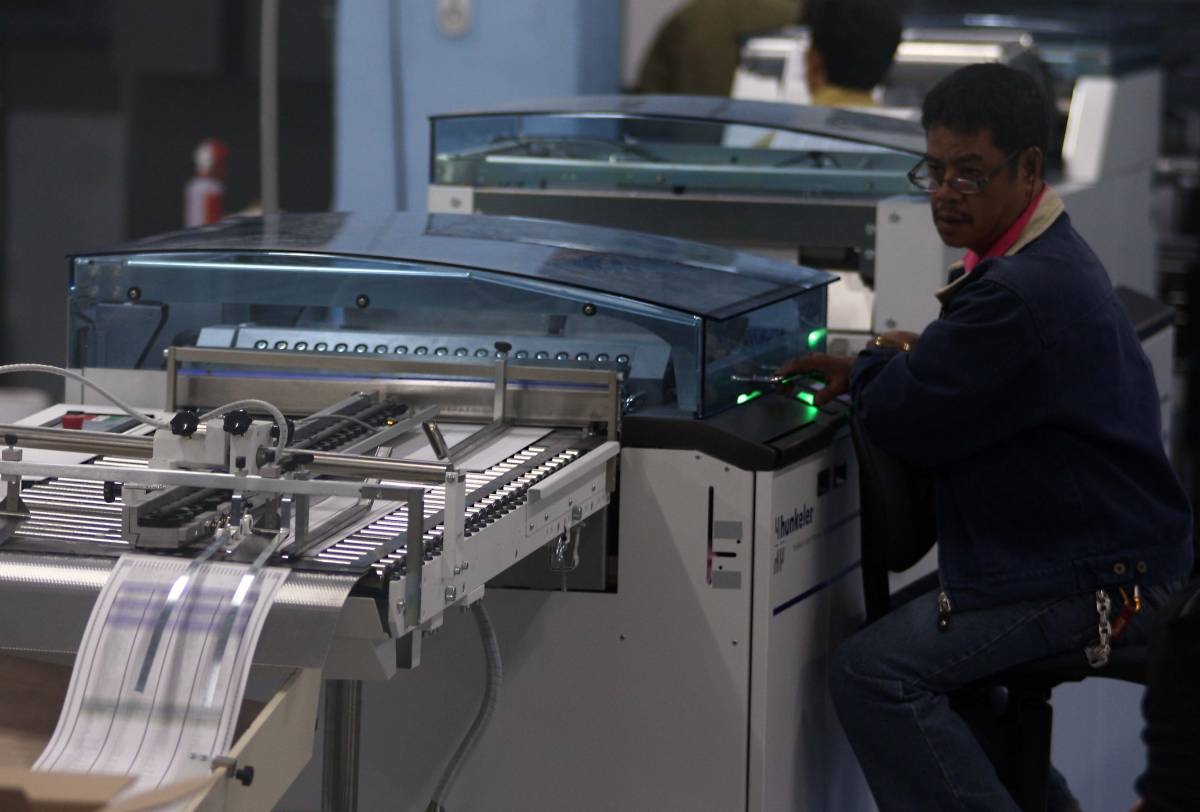The Supreme Court has recently made a ruling regarding the Commission on Elections (Comelec) and its obligations surrounding the witnessing of the printing of ballots and the explanation of how the vote counting machines (VCMs) work. The court en banc, led by Associate Justice Ricardo Rosario, issued this ruling while denying a petition for a writ of mandamus filed by the National Press Club of the Philippines (NPC), Automated Election System Watch, and Guardians Brotherhood Inc. The petitioners sought to compel the Comelec to implement the use of digital signatures in the upcoming 2022 elections, as well as disclose information and allow access to various election-related processes.
Although the Supreme Court acknowledged that the Comelec had already fulfilled the petitioners’ requests voluntarily prior to the resolution of the case, it still ruled on the issues at hand. The court considered the paramount public interest involved, the need for guiding principles, and the potential for similar cases to arise in the future.
Regarding the digital signatures on election returns, the court reiterated a previous ruling that the Comelec is not required to have the signatures digitally signed by the Board of Election Inspectors (BEI). The court recognized that since the introduction of automated elections in the Philippines in 2010, the digital signature on the election returns has come from the VCMs rather than the teachers who make up the BEI. The court emphasized that the Comelec has the discretion to choose the method of digitally signing the election results, as long as it is in compliance with the law.
However, the court held that the Comelec has a duty, as stated in Section 187 of the Omnibus Election Code, to allow designated watchers to witness the printing of the ballots. It emphasized that once a request has been made, it is the Comelec’s responsibility to allow the designated watchers to observe the printing process. The court dismissed the Comelec’s argument that certain areas at the National Printing Office (NPO) are off-limits to unauthorized persons due to security reasons. According to the law, designated watchers are even entitled to guard the premises of the printer.
The court clarified that while the Comelec may not be compelled to allow the witnessing of the configuration and preparation of SD cards and VCMs, it is obligated to allow their examination and testing. The court noted that the law specifically mandates the provision of test ballots and test forms, indicating that the examination and testing occur after the configuration of the devices.
In conclusion, the Supreme Court’s recent ruling provides clarity on the Comelec’s obligations regarding the witnessing of ballot printing and the use of vote counting machines. While the court upheld the Comelec’s discretion in choosing the method of digitally signing election results, it emphasized the Comelec’s duty to allow designated watchers to observe the printing process. The ruling ensures transparency and accountability in the electoral process, safeguarding the integrity of future elections in the Philippines.







